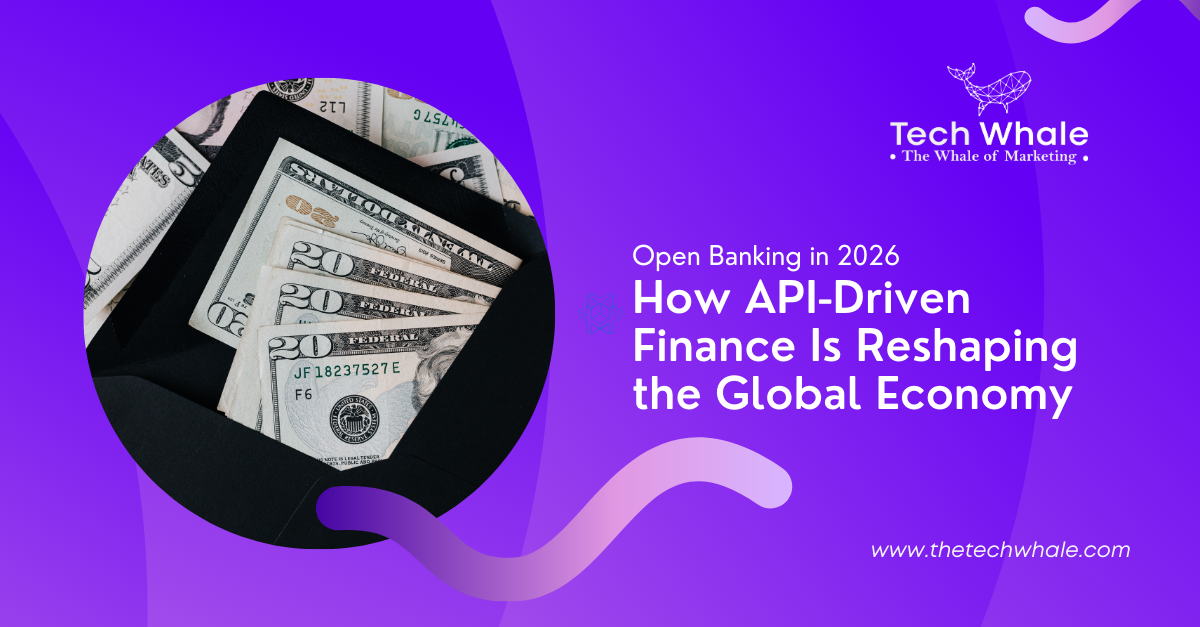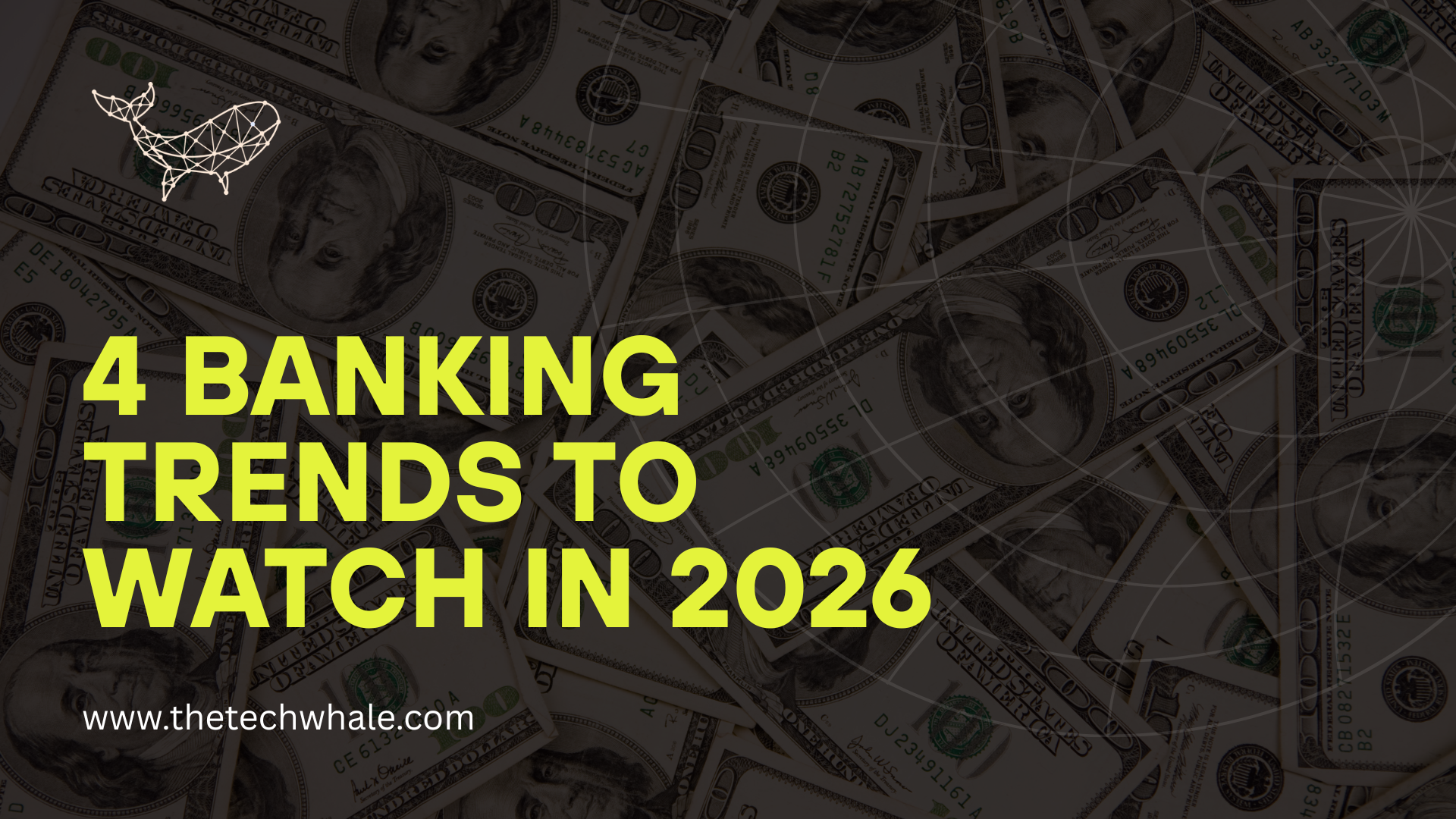Introduction
Blockchain technology has gained significant traction in various industries, including personal finance. Its ability to provide secure, transparent, and efficient transactions has the potential to revolutionize how individuals manage their finances. The Tech Whale is helping businesses harness the power of blockchain to offer more secure financial services.
Blockchain 101: How It Works
At its core, blockchain is a decentralized, distributed ledger system that records transactions across multiple computers. Each “block” contains transaction data, and once added to the chain, it becomes immutable—meaning it cannot be altered or deleted. This offers a level of security and transparency that traditional financial systems cannot match.
Blockchain and Payments: Faster, Cheaper Transactions
Blockchain is particularly beneficial in the realm of payments. By eliminating intermediaries like banks, blockchain can facilitate faster and cheaper cross-border transactions. Ripple and Stellar are leading blockchain projects that enable peer-to-peer payments, reducing transaction fees and processing times.
Blockchain for Secure Digital Wallets
Blockchain technology plays a pivotal role in securing digital wallets, especially in the realm of cryptocurrencies. Platforms like Coinbase and Binance use blockchain to store cryptocurrency assets securely. These platforms allow users to trade digital currencies with the confidence that their transactions are protected by blockchain’s robust encryption.
How Blockchain Enhances Financial Transparency
One of the most compelling benefits of blockchain is its ability to offer financial transparency. Every transaction is publicly recorded on the blockchain, making it easy to track financial activity and prevent fraud. This transparency builds trust among users and reduces the risk of fraudulent behavior in the financial system.
Blockchain and Smart Contracts: The Future of Digital Transactions
Smart contracts are self-executing contracts with the terms of the agreement directly written into code. These contracts run on blockchain networks like Ethereum, allowing users to engage in financial transactions without the need for intermediaries. From automating insurance claims to facilitating mortgage transactions, smart contracts are changing the way we think about digital agreements.
Conclusion Blockchain is set to revolutionize personal finance by providing more secure, transparent, and efficient financial systems. Whether it’s through faster payments, secure digital wallets, or smart contracts, blockchain technology is paving the way for the future of finance. At “The Tech Whale”, we work with businesses to integrate blockchain solutions that enhance the security and efficiency of financial transactions.





